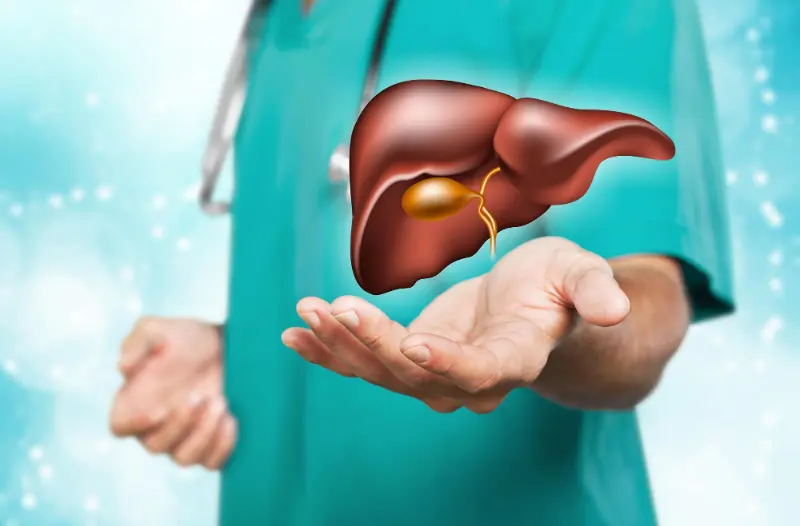With each passing day in the medical field, new criteria have been established to decrease the risk of mortality associated with liver treatments. An early diagnostic blood test for the liver, such as a hepatic function test, may help to reduce the risk of severe morbidity.
What is a hepatic panel?
Commonly known as the hepatic function panel, it is a blood test to check the liver and its functioning. A liver hepatic is for evaluating any swelling, damage or infection in the liver.
It is a series of tests done with various laboratory techniques to carry out the results for better liver diagnosis efficiently.
Why does a blood work liver panel require?
The liver is an essential organ of the body that performs various vital tasks. For example, it converts nutrients into energy and makes a fluid liquid called bile to complete digestion. It is also responsible for breaking down toxins in the body.
A liver carries out this vital excretion and detoxification from the body. However, if the liver is damaged, it fails to stop these toxins from going into our bodies.
A Hepatic Function panel consists of prevalent procedures to investigate any liver disease. Specific elements and traits can be measured to help doctors prescribe all the required precautionary measures. It is essential to check for any liver infection and even monitor the effectiveness of drugs given during the treatment.
How to prepare for hepatic function tests
To start preparing for a blood test to check the liver, performing it with an empty stomach is preferable. It is desirable to do fasting for around 10 to 12 hours before doing a test. By fasting, it means you are not even allowed to drink or eat anything during this time. Please make sure, to be honest about your entire medication intake with your doctor.
Procedure for a hepatic panel:
For Adults
-
Clean the skin surface with an antiseptic
-
Place the tourniquet on the upper arm to create pressure
-
This makes the vessel visible due to swelling
-
A syringe is inserted, and blood is taken out
-
After that, the area is covered with a bandage to stop bleeding
What does the hepatic function panel measure?
A liver function test measures:
If a person is feeling any symptoms like jaundice, dark urine, vomiting, or swelling from the stomach, then the following liver hepatic tests are conducted:
Alanine aminotransferase (ALT)
It measures the metabolism and food conversion process of the body. If the liver enzymes’ normal range is not found in the report, the liver is infected, and probably indicates severe hepatitis.
Alkaline phosphatase (ALP)
It is found in the liver, bones, kidneys, and other organs. Significant drop or rise in ALP means the patient either has liver disease or a blocked bile duct.
Aspartate aminotransferase (AST)
If AST levels are high in the liver hepatic report, the liver is swollen or inflamed.
Total bilirubin and direct bilirubin
It is also known as the breakdown result of red blood cells, and usually, it is automatically excreted from the body (if the liver is working fine). However, in case of any liver damage, its level in the bloodstream can rise, which will eventually cause the skin to turn yellow.
Albumin and total protein
With this test, we get to know about the level of protein in the body. Proteins are an essential need for the body, so this test detects any change in their levels. The Albumin and total protein test measures the overall protein level disruption due to liver problems.
Hence, the Hepatic function panel results confirm the real cause.
Hepatic function panel results
A doctor follows the patterns and fluctuations in the above tests to start proper treatment. They only add the required information for a good lead; however, the cure comes afterwards. Sometimes the problems can occur due to other issues; thus, for that reason, patients may need to go for a repeated test.












